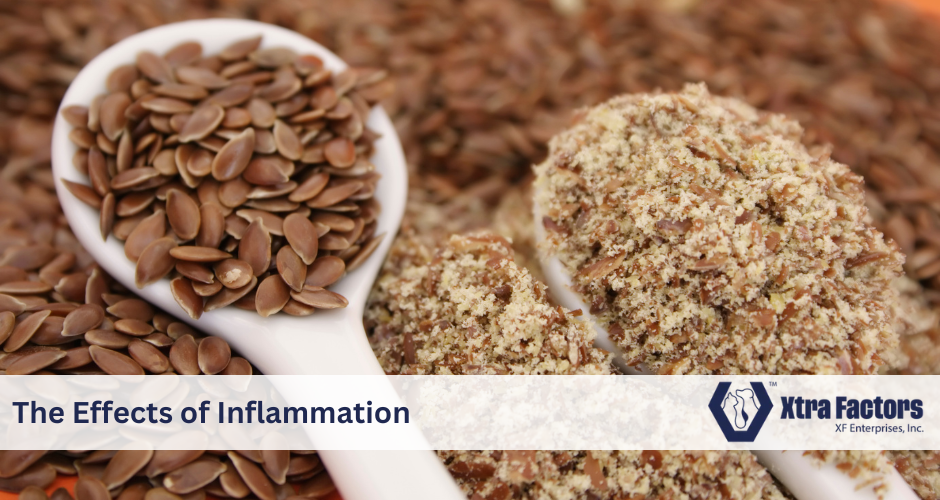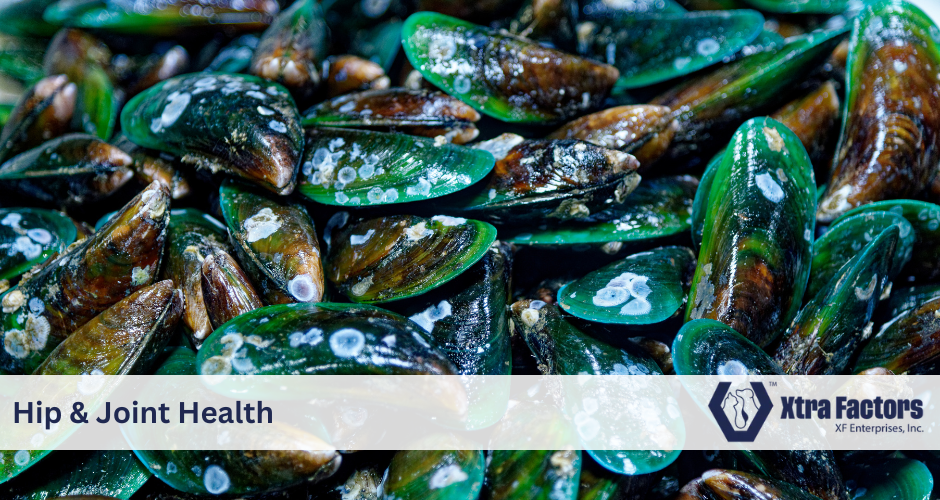The Effects of Inflammation in Animals

Inflammation is a natural response of the body to injury or infection, but when it becomes chronic, it can lead to various health issues in our furry friends. Understanding the effects of inflammation on dogs is crucial for ensuring their well-being and longevity.
What is Inflammation?
Inflammation is the body’s way of protecting itself by removing harmful stimuli, such as pathogens, damaged cells, or irritants. It involves the immune system releasing white blood cells and other substances to fight off infection or heal an injury. While acute inflammation is beneficial and necessary, chronic inflammation can be harmful.
Common Causes of Inflammation in Dogs
- Infections: Bacterial, viral, or fungal infections can trigger an inflammatory response.
- Allergies: Environmental allergens, food allergies, or flea bites can cause chronic inflammation.
- Autoimmune Diseases: Conditions like lupus or rheumatoid arthritis cause the immune system to attack the body’s own tissues.
- Obesity: Excess weight can lead to inflammation in joints and other tissues.
- Poor Diet: Diets high in processed foods and low in essential nutrients can contribute to inflammation.
Symptoms to Watch For
- Redness and Swelling: Visible signs of inflammation, especially around joints or wounds.
- Pain and Stiffness: Dogs may show signs of discomfort or reluctance to move.
- Lethargy: Chronic inflammation can cause fatigue and decreased activity levels.
- Loss of Appetite: Inflammation can affect a dog’s digestive system, leading to reduced appetite.
- Skin Issues: Persistent itching, rashes, or hot spots can be signs of inflammatory skin conditions.
Long-Term Effects
Chronic inflammation can lead to serious health problems, including:
- Arthritis: Inflammation in the joints can cause pain and mobility issues.
- Heart Disease: Inflammatory processes can affect the heart and blood vessels.
- Diabetes: Chronic inflammation is linked to insulin resistance and diabetes.
- Cancer: Long-term inflammation can increase the risk of certain cancers.
How to Manage and Prevent Inflammation
- Healthy Diet: Feed your dog a balanced diet rich in anti-inflammatory foods like fish oil, turmeric, flax seed, and leafy greens.
- Regular Exercise: Keep your dog active to maintain a healthy weight and reduce inflammation.
- Veterinary Care: Regular check-ups can help detect and manage inflammation early.
- Supplements: Consider supplements like omega-3 fatty acids, glucosamine, chondroitin, green lipped mussel, to support joint health.
- Stress Reduction: Minimize stress through regular play, mental stimulation, and a calm environment.
Conclusion
By understanding and addressing the causes and effects of inflammation, we can help our dogs lead healthier, happier lives. If you notice any signs of chronic inflammation in your pet, consult your veterinarian for a proper diagnosis and treatment plan.
INGREDIENT SPOTLIGHT
Flaxseed can be a great addition to your dog’s diet, offering several health benefits:
- Rich in Omega-3 and Omega-6 Fatty Acids: These essential fatty acids help maintain a healthy coat and skin, reduce inflammation, and support overall cardiovascular health.
- Lignans: These compounds have antioxidant properties that can help fight cancer and improve cardiovascular health




